Dhaka, Oct 8 (V7N): Over 7,000 people have been arrested across Bangladesh in the first seven days of October, according to data obtained from the police headquarters. The Rapid Action Battalion (RAB) and various police units carried out the arrests, with most of those detained being Awami League leaders and activists accused in connection with student movement casualties, drug smuggling, murder, robbery, and other crimes.
An analysis of arrest figures from eight metropolitan police units, nine police ranges (including the railway range), and RAB shows that a total of 7,018 individuals were apprehended between October 1 and 7. The highest number of arrests was recorded in the Chattogram range, with 1,249 individuals detained, followed by 1,033 in the Dhaka range, and 864 in the Rajshahi range. The Dhaka Metropolitan Police arrested 763 people, while RAB arrested 400 across the country.
October 3 saw the most arrests in a single day, with 1,259 individuals detained.
Law enforcement agencies have faced significant criticism for failing to arrest key figures, including Awami League leaders and activists, believed to be responsible for hundreds of deaths during the student movement. Additionally, there has been public outcry over the lack of action against armed individuals involved in violence against students and civilians. The police's recent increase in arrests comes two months after the formation of the interim government.
Assistant Inspector General (AIG Media) Enamul Haque explained that law enforcement faced initial challenges following the torching and vandalism of several police stations and vehicles. However, under new leadership, efforts to address the situation have intensified.
Haque also noted that the increase in arrests reflects heightened activity in areas with high crime rates. Despite this, no special operations are currently underway, apart from the recovery of weapons.
In Dhaka alone, over 100 people were arrested daily in the first week of October. Under the previous Awami League government, daily arrests averaged 250-300, with numbers rising during political movements or crises. At the time, political leaders and activists were primarily targeted for arrest.
Who Are Being Arrested?
Sources involved in the arrests indicated that the current priority is apprehending those involved in student movement casualties. These include former ministers, members of parliament, prominent leaders, and former government officials, many of whom face charges related to serious crimes and corruption. Additionally, law enforcement is targeting individuals who attacked student protesters, particularly those armed or who actively organized violence.
Since the fall of the Awami League government on August 5, 222 cases have been filed against former Prime Minister Sheikh Hasina, including 190 murder cases. Other notable figures facing charges include former ministers, Awami League leaders, and high-ranking police officials.
In the past week alone, 45 prominent individuals, including ministers, parliamentarians, and journalists, have been arrested. Among them are former ministers Saber Hossain Chowdhury and Narayan Chandra Chanda, and former government officials such as Nojibur Rahman and Abul Kalam Azad.
Reasons for Delayed Arrests
Several factors have contributed to the surge in arrests this month. Senior police officials noted that many political leaders, including Sheikh Hasina, were involved in various criminal activities in the past and fled the country illegally. The government's role has been criticized by students and other groups, prompting a renewed focus on arrests.
Law enforcement agencies have also intensified efforts to ensure security ahead of Durga Puja and are responding to growing demands to address the use of firearms during the student movement. However, due to the weakened state of the police, the arrest operation had been delayed until now.
END/MSS/RH



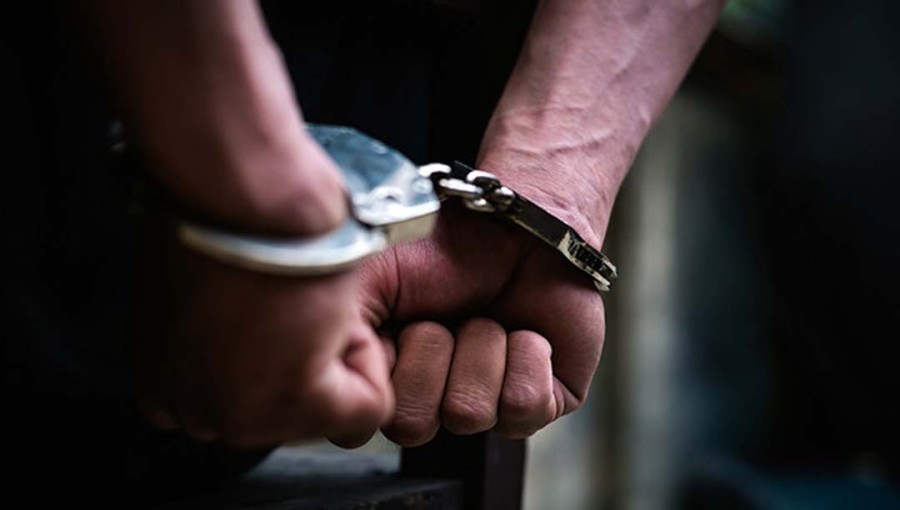
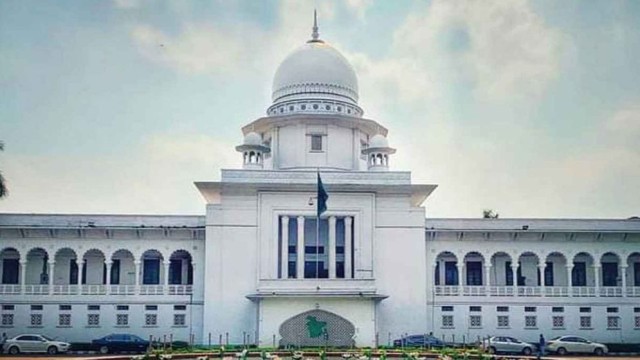
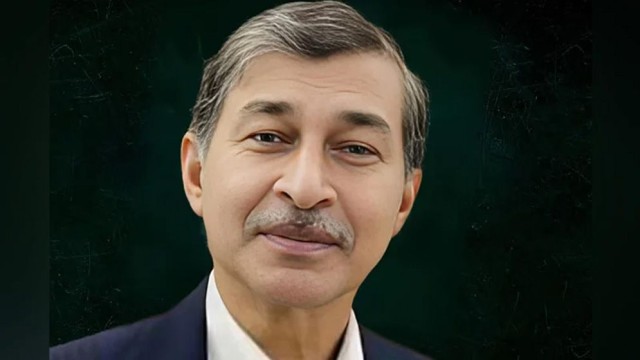
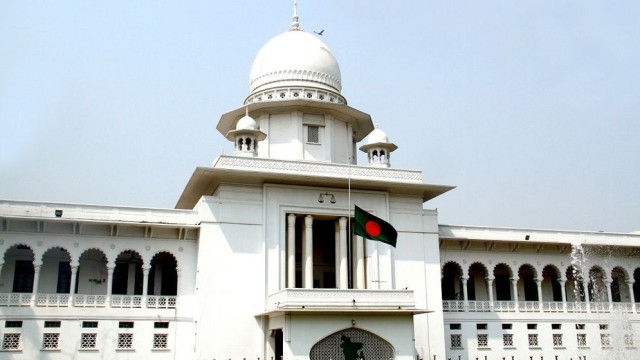

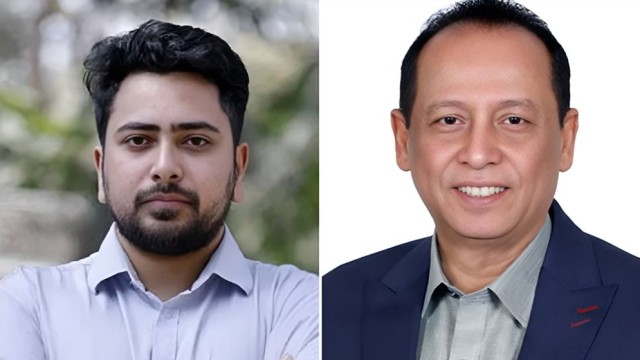
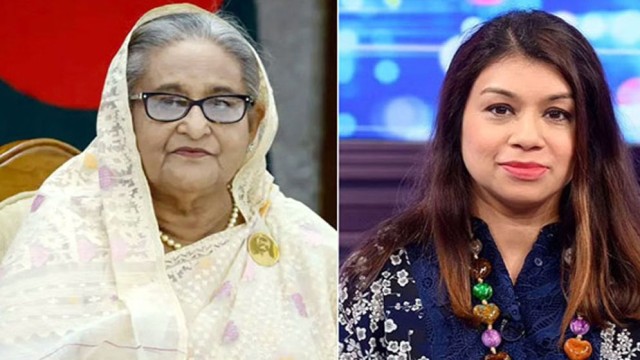
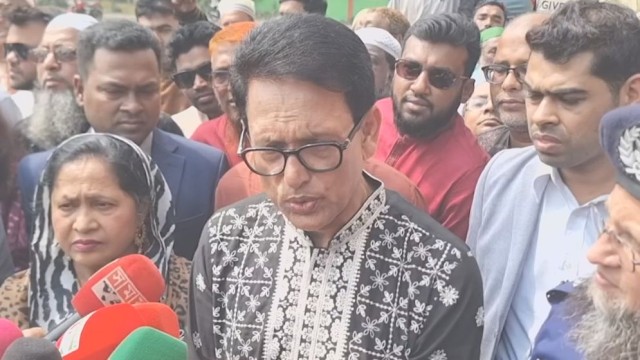
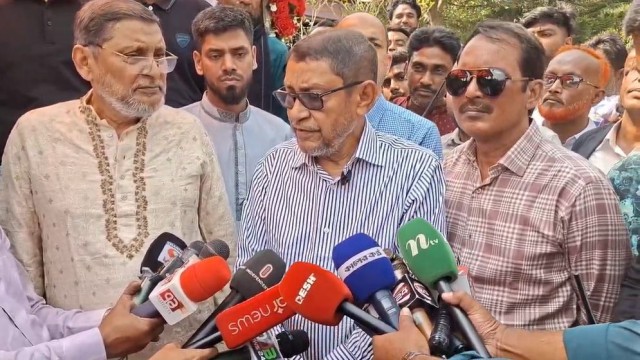
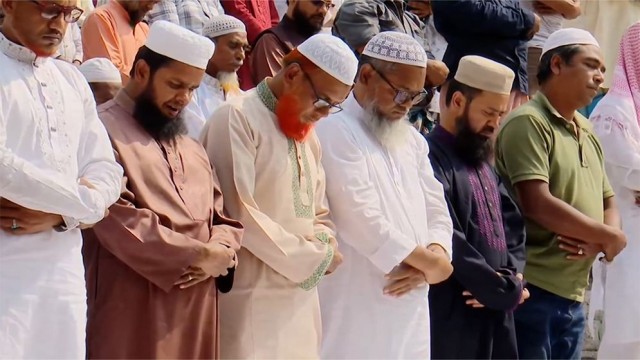
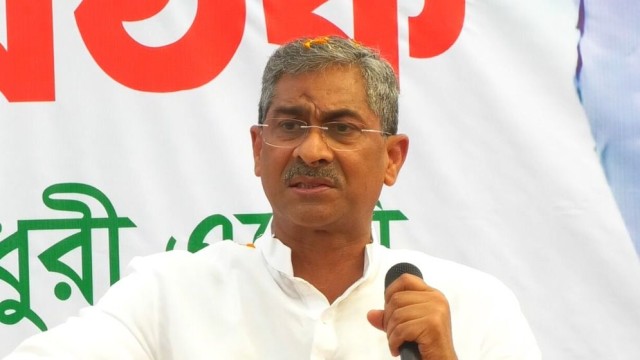
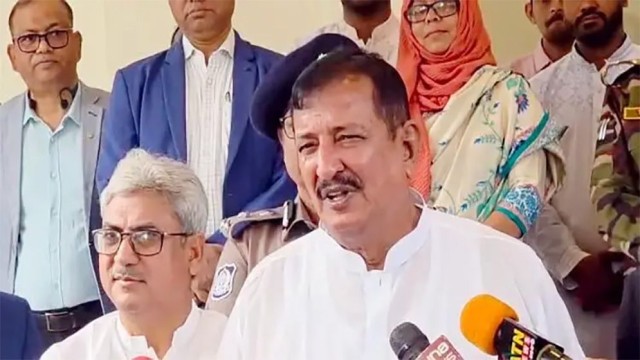
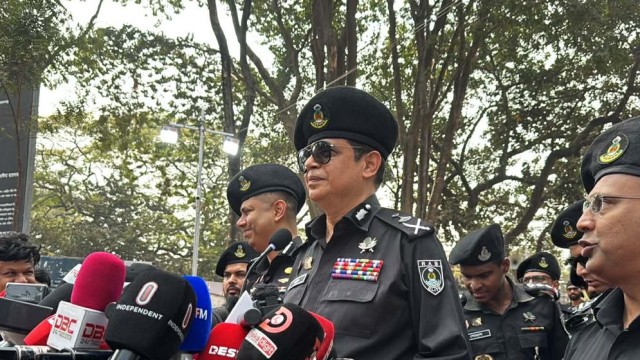
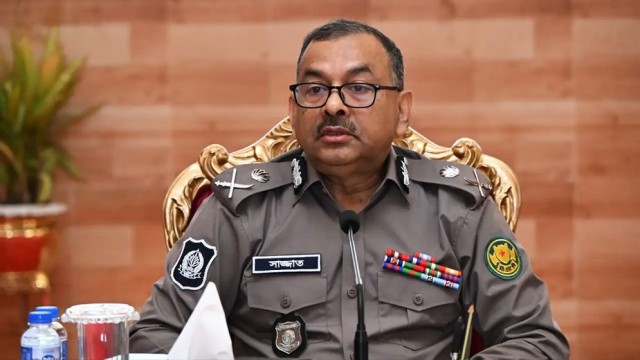
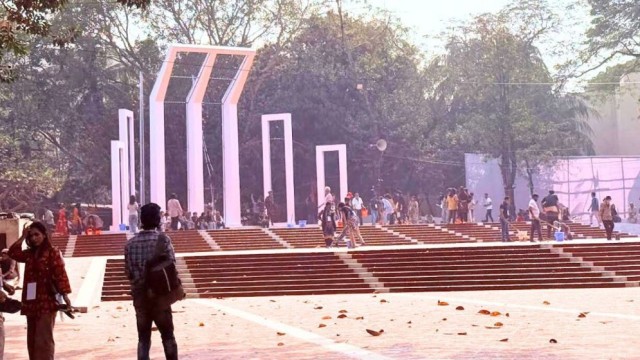
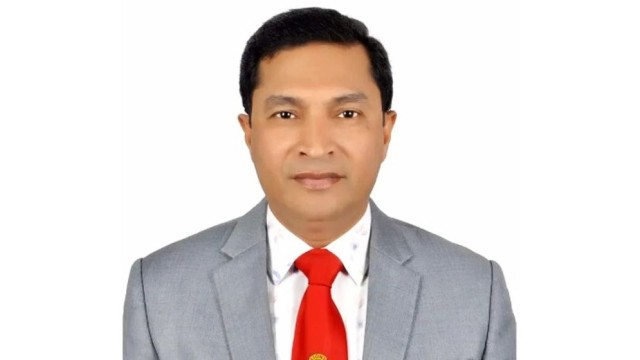
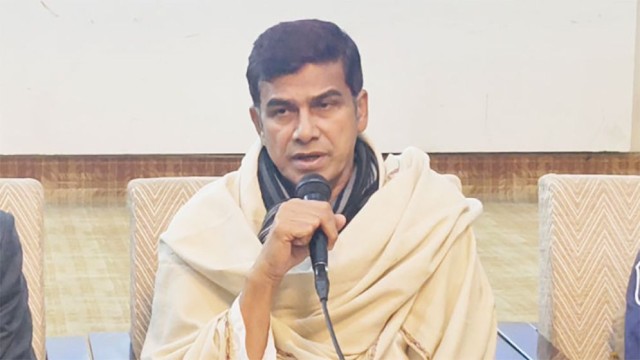











Comment: